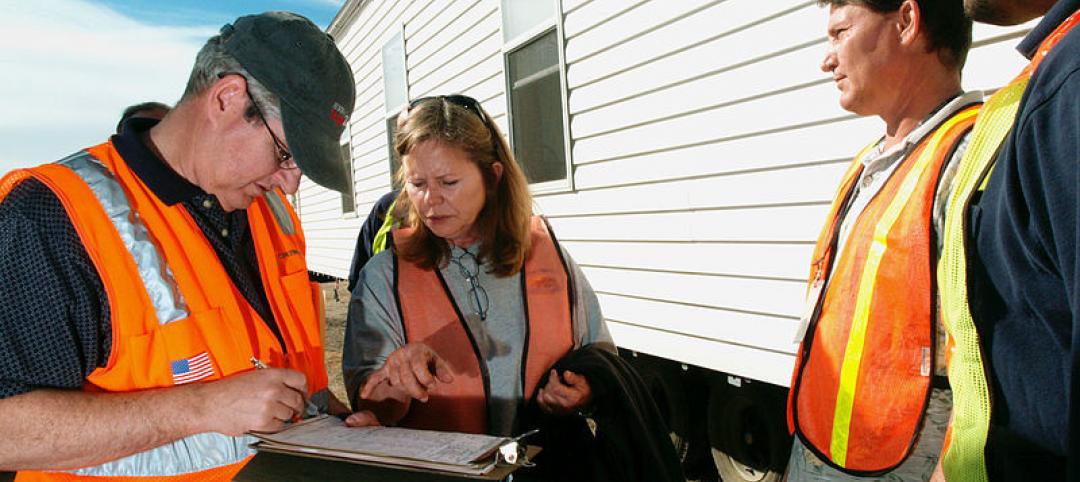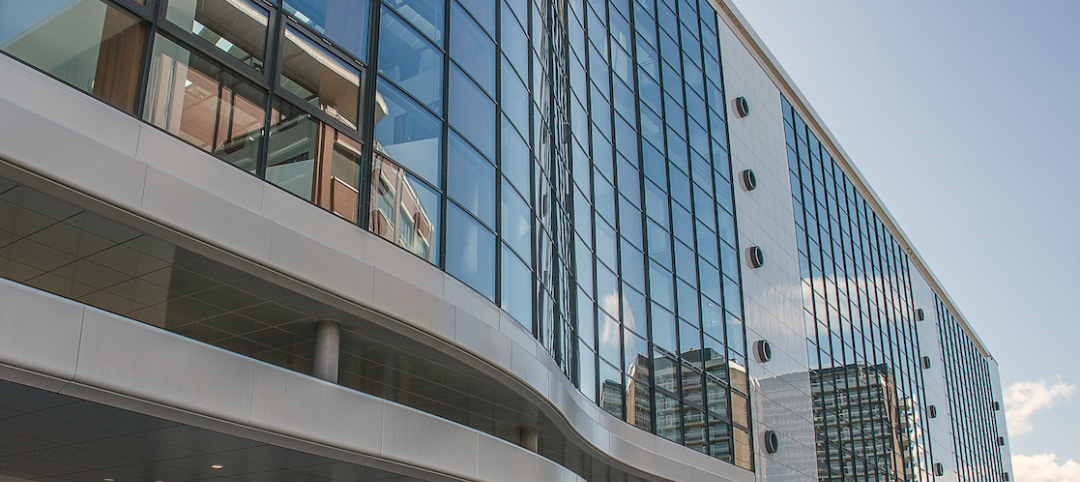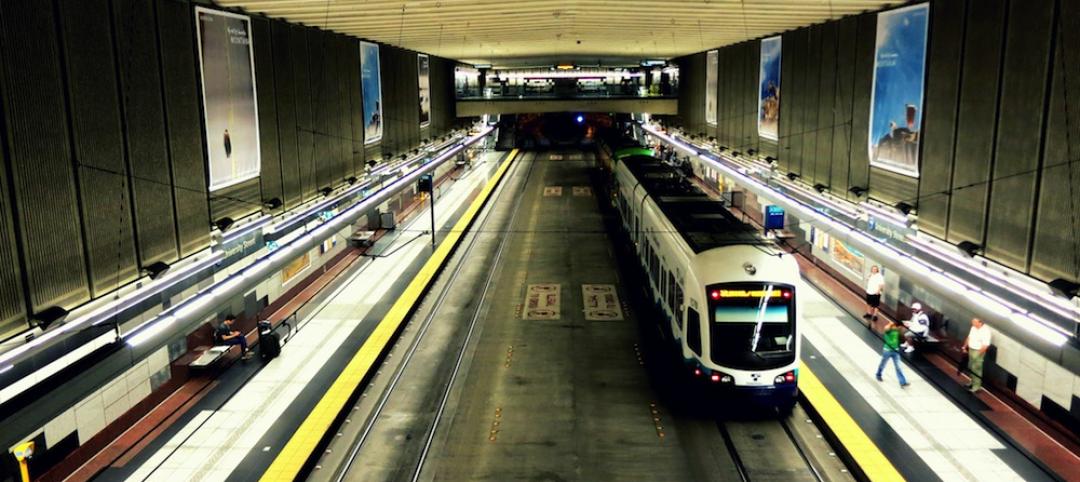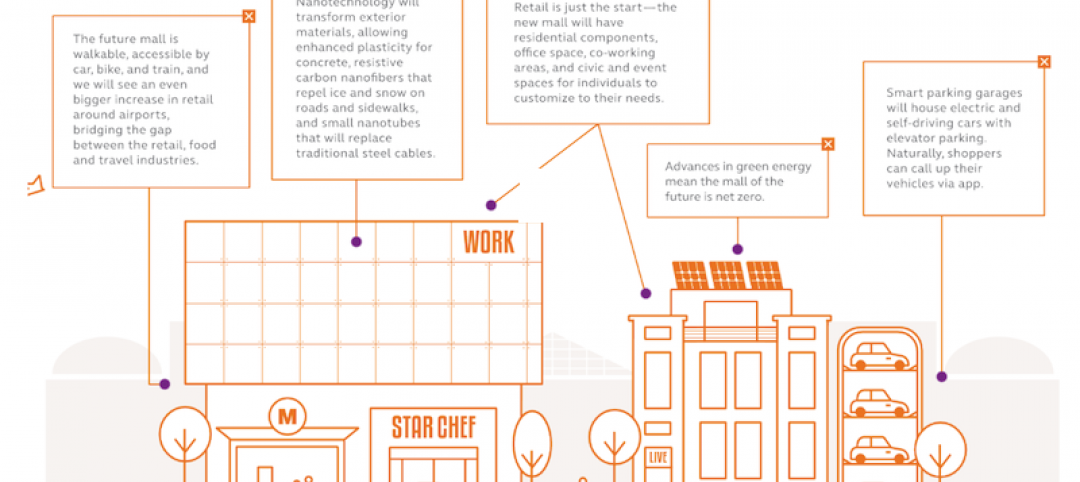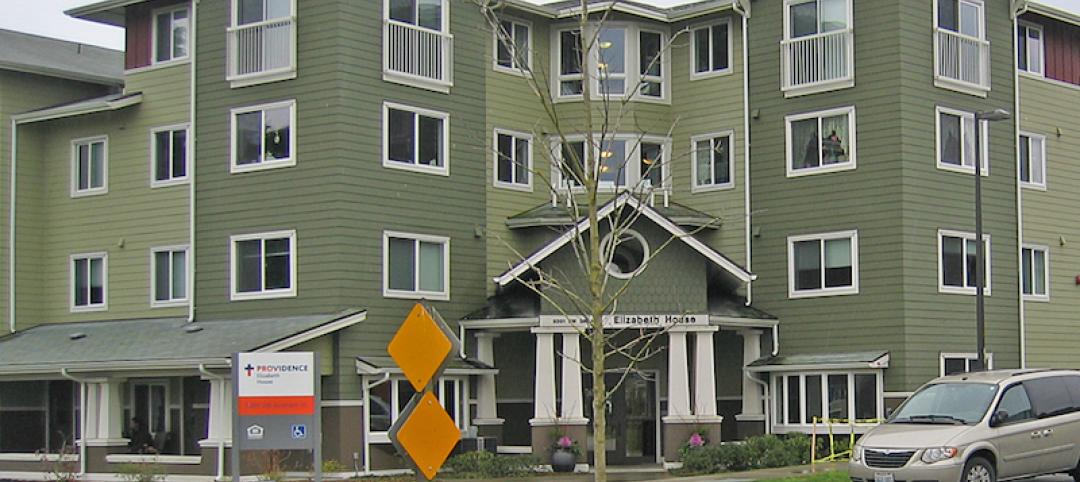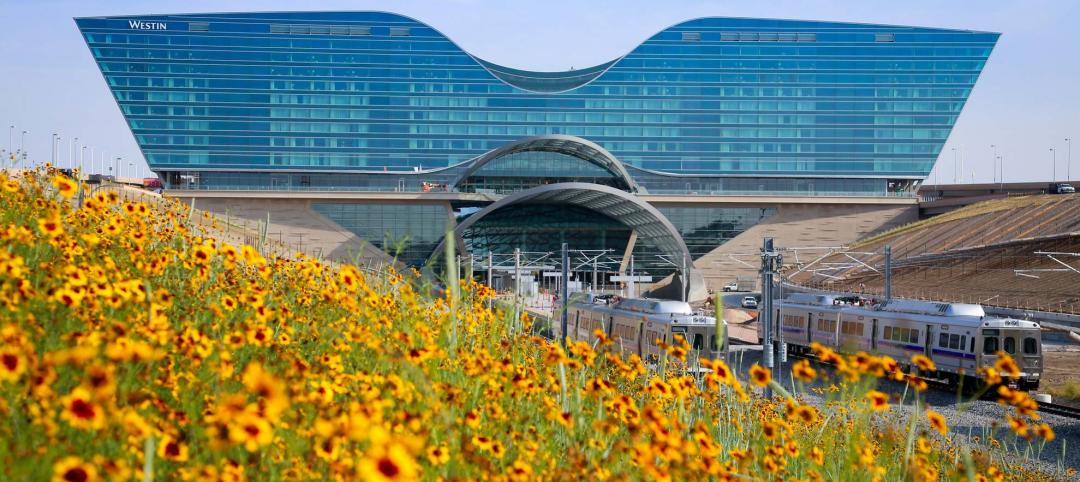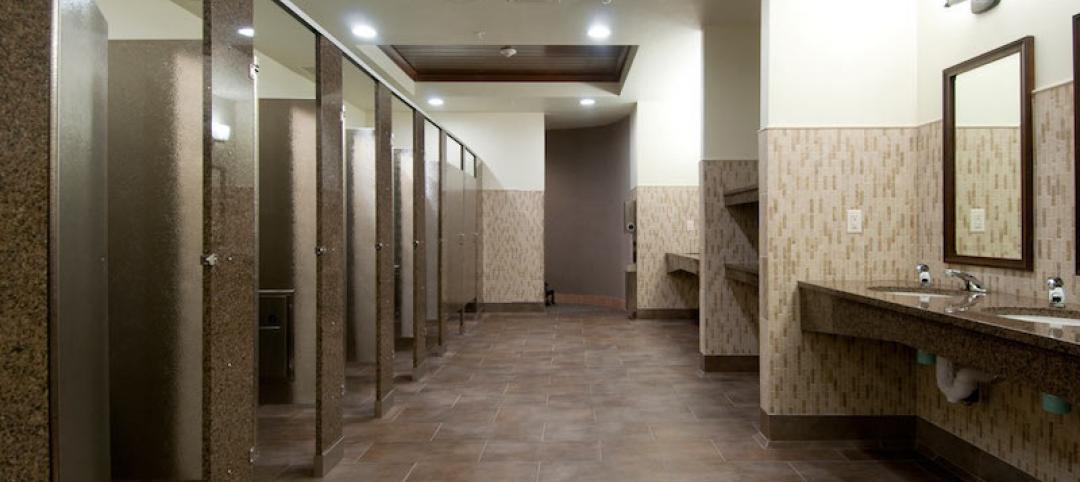Despite a problematic financing environment, 2023 multifamily construction starts held up “remarkably well” according to the latest Yardi Matrix report. The data from 2023—albeit incomplete—shows that 506,742 units began construction. This figure ranks third for new construction starts even without the complete full year's data.
Yardi’s biggest takeaway is that multifamily development in 2023 exceeded initial expectations. This was driven in part by a “stronger-than-expected” Q1 and Q2, as well as an influx of affordable and single-family rental housing.
New Multifamily Development Insights
These are three insights from the Yardi Matrix Multifamily Construction Starts – January 2024 report:
1. Single-family rentals and affordable housing have become increasingly popular
For the last decade, the percentage of market rate multifamily units has declined in favor of other product types. While market rate units comprised 86% of all new multifamily construction starts in 2013, they now make up only 77% of the sector as of last year.
Conversely, affordable housing starts jumped from 8.4% to 13.4% of the total in ten years. Single-family rental increased from 0.9% to 5.8% in the same timeframe.
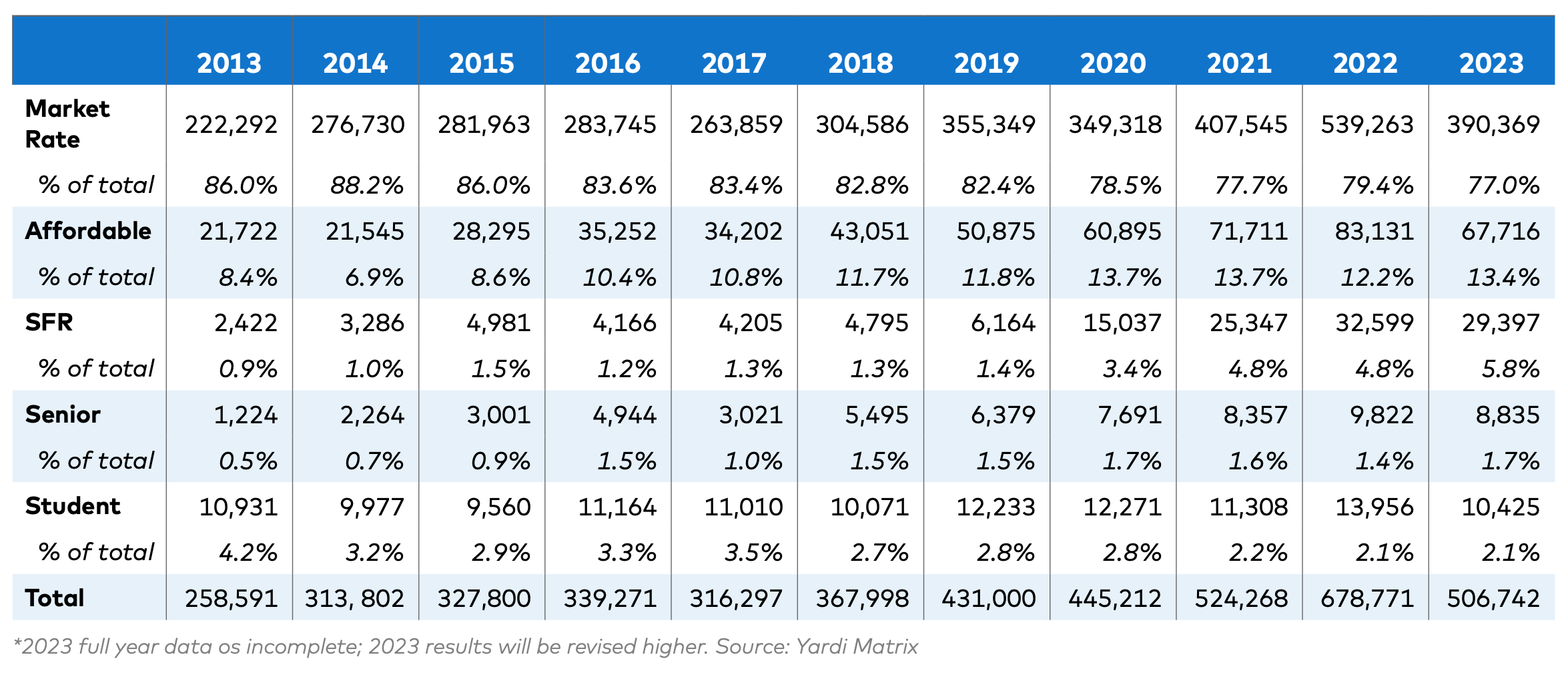
Senior housing has remained largely unchanged since 2013, increasing from 0.5% to 1.7%; student housing has been declining slowly, comprising 4.2% of multifamily construction starts in 2013 to 2.1% in 2023.
2. Markets with high levels of development in 2022 saw substantial declines in new construction starts in 2023
2022 saw 678,771 units start construction, a 29.4% increase over 2021 levels. Half of those were contained in just 22 markets. For the first three quarters of 2023, 18 of those markets saw starts decline compared to the same period in 2022.
Some of the more sizable declines in major metropolitan areas include:
- Salt Lake City, Utah, had a –44% change in multifamily starts from 2022
- Austin, Texas, had a –40.7% change in multifamily starts from 2022
- Seattle, Wash., had a –40.4% change in multifamily starts from 2022
Other markets like Southwest Florida Coast and suburban Atlanta, Dallas, and Denver saw starts decline by 25% or more.
3. Much of 2023’s new-development activity was driven by smaller and midsize markets
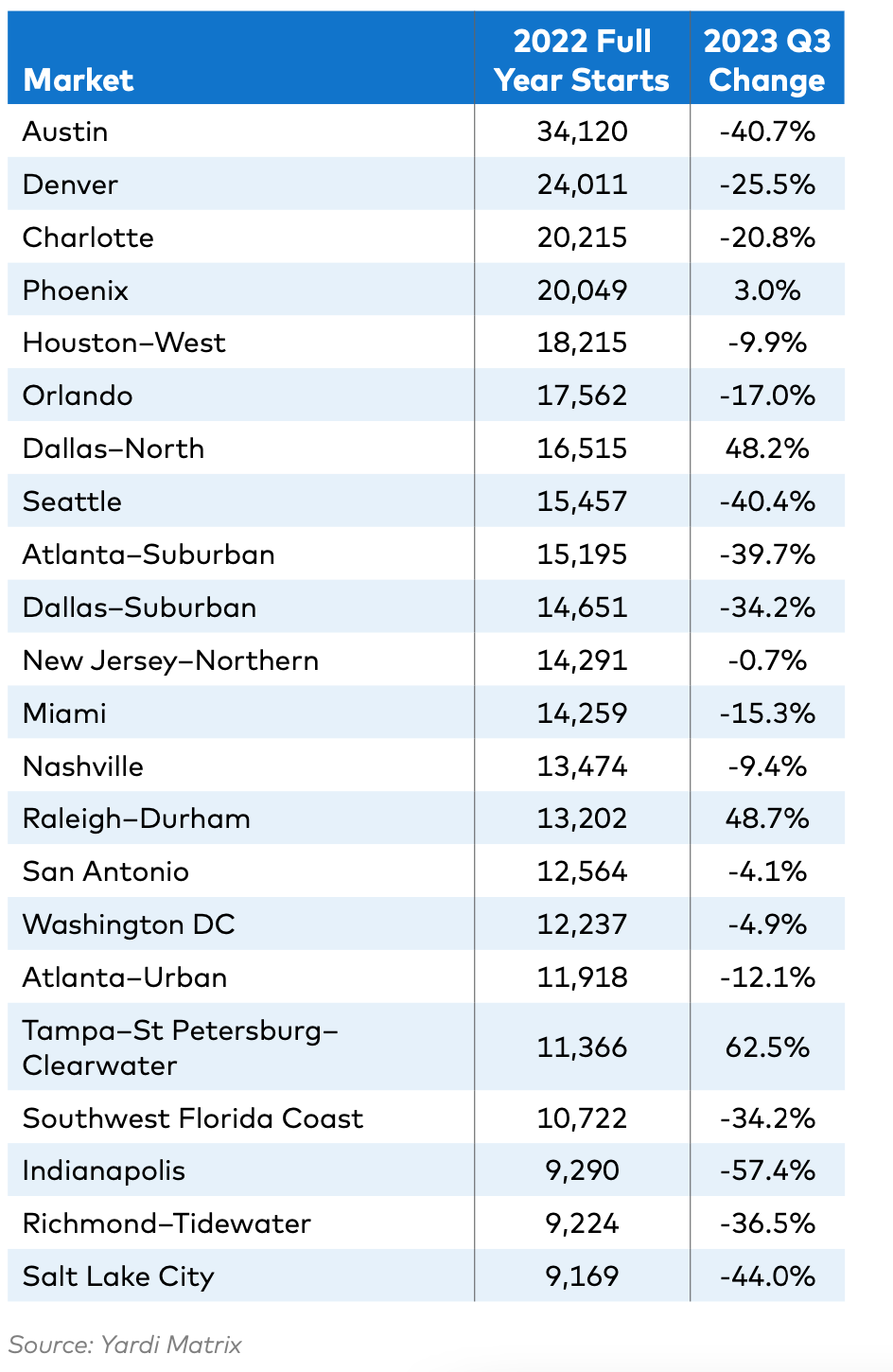 According to the report, markets that did not participate in the post-pandemic development surge were better able to sustain new construction in 2023. These markets tended to be on the smaller size, averaging an increase of 2,161 units over the year.
According to the report, markets that did not participate in the post-pandemic development surge were better able to sustain new construction in 2023. These markets tended to be on the smaller size, averaging an increase of 2,161 units over the year.
Just four of the 22 strongest markets in 2022 continued to grow in 2023:
- Phoenix, Ariz., had a 3% growth in multifamily starts
- North Dallas, Texas, had a 48.2% growth in multifamily starts
- Raleigh–Durham, N.C., had a 48.7% growth in multifamily starts
- Tampa–St. Petersburg–Clearwater, Fla., had a 62.5% growth in multifamily starts
Other markets like Boston, Mass., (35%) and Kansas City, Mo., (41%) saw growth as well.
Bottom Line
Though slightly less than expected, new multifamily starts in 2023 are the 3rd highest year ever with 506,742 units. The growth primarily comes from affordable housing, single-family rentals, and smaller/midsize markets.
The decline this year is largely driven by tight financing conditions, and markets with high 2022 activity not being able to keep up. Despite the decline in starts, completions are expected to stay strong in 2024-2025.
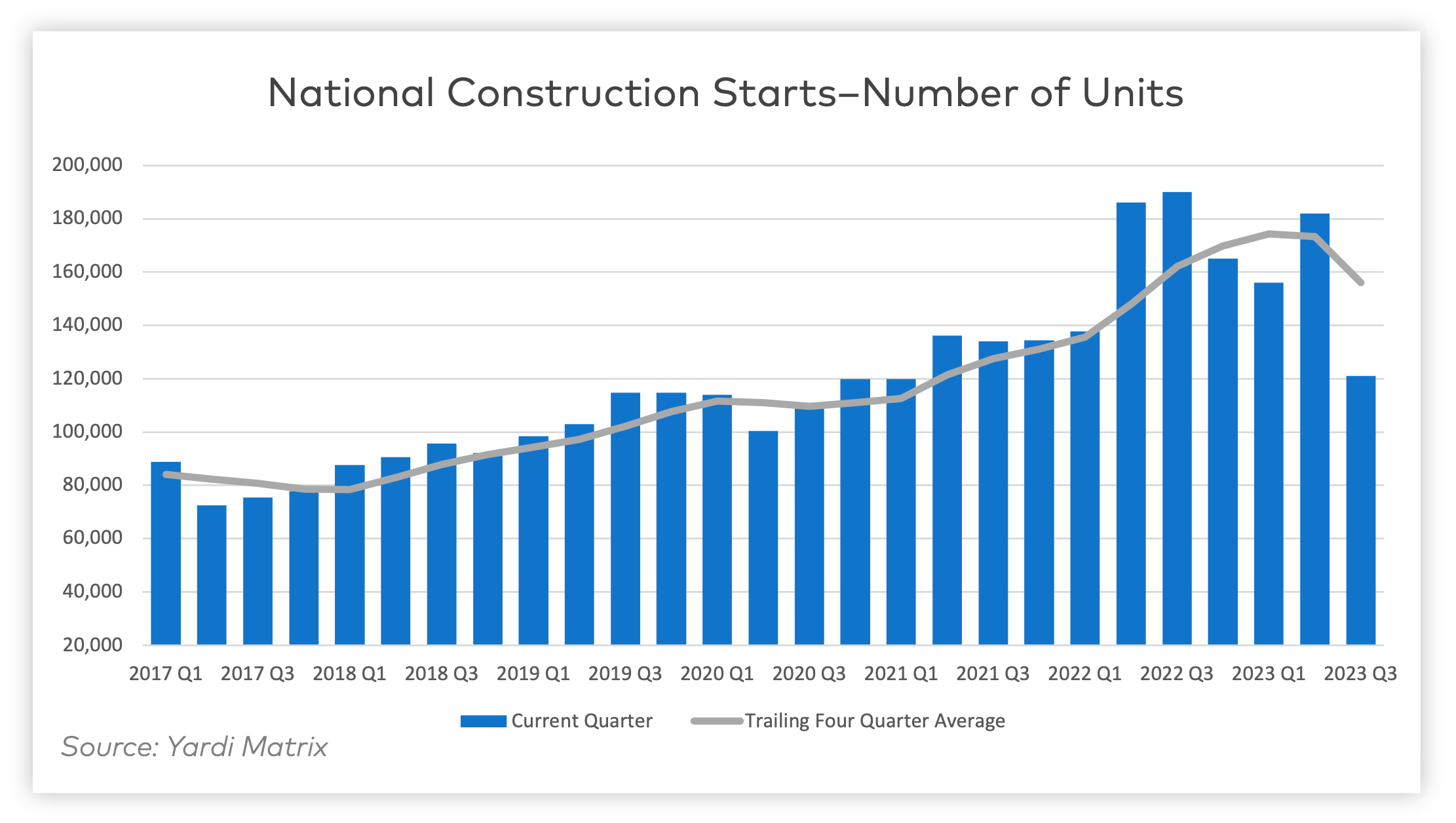
Related Stories
Industry Research | Apr 15, 2016
Commercial construction starts jumped 18% in March
Nonresidential construction has gotten off to a hot start this year and looks to gain even more momentum throughout the spring.
Industry Research | Apr 14, 2016
Contractor confidence down, but not out
Despite a slight regression, nonresidential construction confidence is still in positive territory
Industry Research | Apr 7, 2016
CBRE provides latest insight into healthcare real estate investors’ strategies
Survey respondents are targeting smaller acquisitions, at a time when market cap rates are narrowing for different product types.
Industry Research | Apr 4, 2016
AIA: Public-private partnerships could solve nation’s public infrastructure crisis
A new white paper addresses the nation’s $3 trillion public infrastructure crisis and how public private partnerships offer a possible solution.
Retail Centers | Mar 16, 2016
Food and technology will help tomorrow’s malls survive, says CallisonRTKL
CallisonRTKL foresees future retail centers as hubs with live/work/play components.
Architects | Mar 11, 2016
AIA survey finds many women and minority architects still feeling underrepresented and unfulfilled
Dissatisfaction with “work-life balance” and compensation are cited as reasons why companies’ diversity strategies may be faltering.
Office Buildings | Feb 26, 2016
Benching, desking, and (mostly) paper-free: Report identifies top trends in workplace design for 2016
The report, from Ted Moudis Associates, encompasses over 2.5 million sf of workspace built over the past two years.
Multifamily Housing | Feb 24, 2016
Senior housing sector experiences record-setting year, says CBRE
Senior housing occupancy is at its highest level since 2007, and 2015 was a record year for sales and institutional transactions, according to CBRE.
Industry Research | Feb 22, 2016
8 of the most interesting trends from Gensler’s Design Forecast 2016
Technology is running wild in Gensler’s 2016 forecast, as things like virtual reality, "smart" buildings and products, and fully connected online and offline worlds are making their presence felt throughout many of the future's top trends.
Industry Research | Feb 18, 2016
Public restroom neglect on the rise
Americans are encountering more unkempt restrooms, triggering negative perceptions of businesses, according to a new study.





